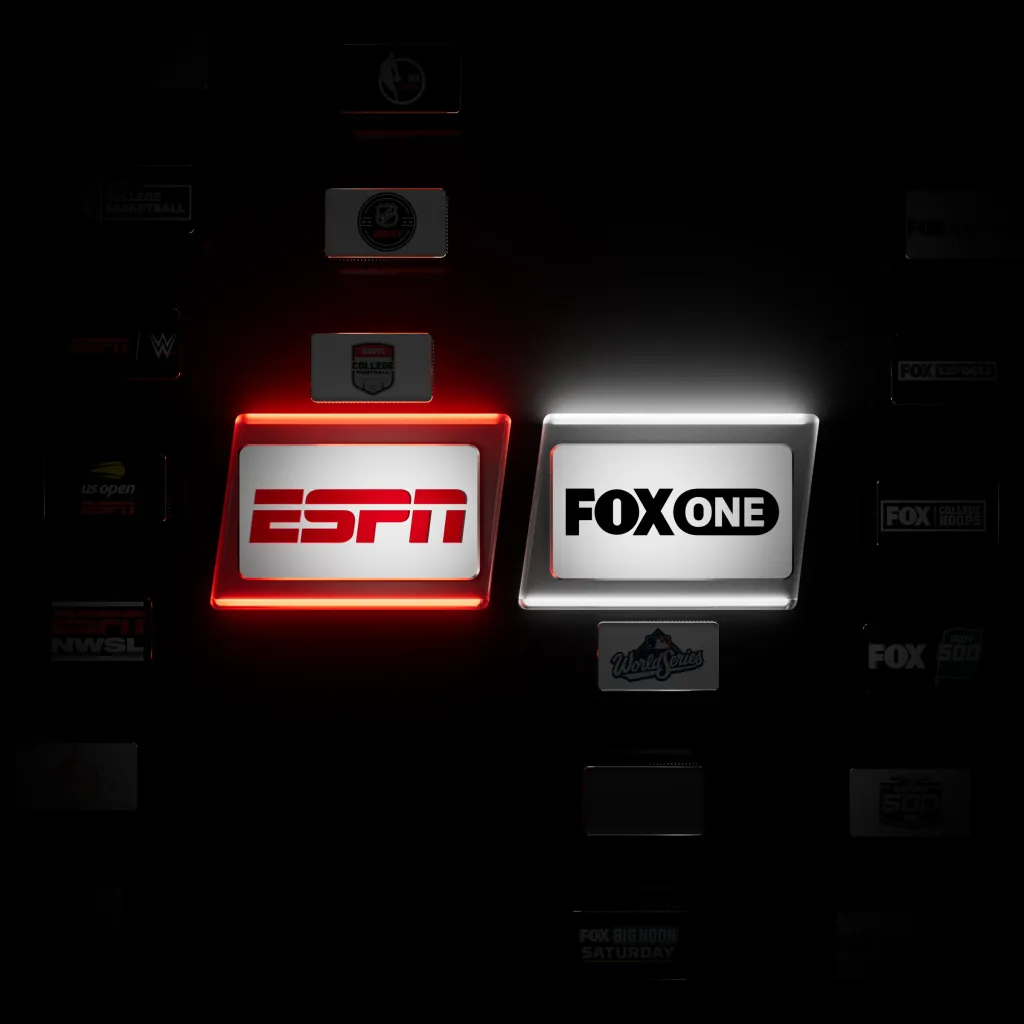
As the ESPN-Fox One streaming bundle officially goes live on Thursday, both streamers see it as just the first step in a longer process of collaboration.
“We are in a little bit of a crawl/walk/run here,” John Lasker, SVP of ESPN Direct-to-Consumer told Deadline in an interview, “especially being in the aftermath of massive product launches on both sides.”
ESPN’s newly fortified streaming outlet and Fox One both went live in late-August after heavy investment and promotion, though both Disney and Fox Corp. see them as complementary to their still-lucrative linear TV businesses. Neither company has reported initial subscriber numbers, though Fox has characterized initial takeup as higher than they had been internally forecasting.
“There is a serendipitous part of us both having launches at the same time and having complementary but not overlapping sports rights,” Lasker said. Bundling “just made a lot of sense.”
The $39.99-a-month bundle ($10 cheaper than getting each one à la carte) brings together two of the three companies behind Venu Sports. That streaming joint venture (which also included Warner Bros. Discovery) was supposed to launch in 2024 before being waylaid by an antitrust lawsuit by Fubo.
“We certainly weren’t starting from scratch,” Tony Billeter, SVP of Strategy & Planning for Fox One, said in an interview. “The existing relationship was there. Some of the technology enablement was there. So, it made it a little bit more seamless to be able to actually stand this up in a reasonably short amount of time.”
As in the case of Venu, the idea was to try to bring some coherence to an experience that has become fragmented and disorienting. The NFL, for example, has put games on not just broadcast mainstays CBS, Fox and NBC, but across Netflix, Amazon Prime Video and YouTube, plus one-offs on Peacock.
“Broadly speaking, sports has been sort of a frustrating experience for consumers,” Billeter said. With fragmented rights and dozens of streaming options as opposed to the unified pay-TV bundle, he added, “our goal was to try to find a unique, complementary partner to help us start to piece together for a fan and make it a little bit easier for them to get access to a broad range of sports.”
Both companies have NFL rights, with Fox having games on Sunday afternoon and ESPN on Monday nights. Both have Major League Baseball playoffs and college football. “So, the intent was, let’s not just try to bundle two things together that we think are orthogonal, but things that we think will actually potentially resonate for somebody, in particular a sports fan, and provide them a little extra value and make it a little bit easier for them to subscribe and get access to both services.”
Fox One, of course, is more than sports. The service brings together other properties from Fox, including Fox News and the Fox broadcast network’s entertainment offerings. Both Lasker and Billeter acknowledge the potential of marketing to, say, a Fox News viewer who may also be interested in WWE matches on ESPN, though those plans are still in a nascent stage. Because the services remain separate apps, the burden is largely on the marketing teams to promote cross-pollination.
“We’re going to rapidly test and learn how to create the connection points for consumers, both from a marketing and from a subscription perspective,” Billeter said.
Although the ESPN-Fox One bundle is only available with the ESPN Unlimited plan, not ESPN Select, and there is not an option to combine this bundle with Disney+ and Hulu, Lasker said Disney’s bundling experience has come into play.
“The beauty of these bundles,” he said, “is that they bring complementary services together.” With general entertainment services as well as sports-focused services like ESPN, “there are peaks and dips” in terms of programming and demand, he said. “But what we’ve learned with Disney+ and Hulu is that when you have a wider array of options that are part of the value proposition, they play off each other and create a whole that subscribers can appreciate.”



